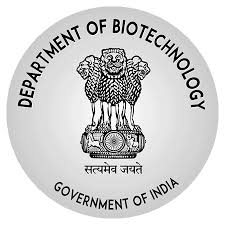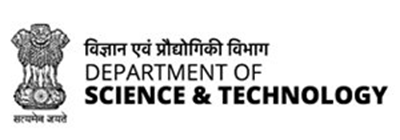research summary
The genomics team at TTCRC is integrated with the other research subgroups and provides support and solutions to other investigators working in different areas for e.g. the MRD team, the gall bladder cancer research program and other solid tumour research programs. One of the principal aims of the team in last couple of years is to refine the genetic risk stratification and genomic characterisation of the precursor B-Cell Acute Lymphoblastic Leukaemia (BCP-ALL) through multimodal genomic profiling.
Meet the Team
Clinical team
Collaborations


research support






Current Projects
Identification and Characterisation of High-risk frontline and relapse ALL patients
-
Developing rapid and cost-effective ‘companion diagnostic’ strategies for identification of high-risk subgroup IKZF1plus through SNP arrays and multiplex ligation-dependent probe amplification assays and FISH.
-
Characterisation of splice variants as surrogate molecular marker for predicting disease genetics. Pathways identified are suggestive of mechanisms of chemoresistance, apoptosis, DNA damage response repair, thereby leading to relapse.
Gene-expression based classification of lineage and genomic subtype prediction in ALL:
-
Feasibility of implementing sequencing-based classification of acute leukemia around a collaborative distributive testing model, conducive for a hub and spoke network.
-
i. Diagnostic Innovations using Value-based implementation models to Increase Access (DIVIA); utilising short-read sequencing approach, in collaboration with St. Jude Children’s Research Hospital, Memphis, USA
-
ii. Diagnostic Applications in Resource limited settings using Global Advances in Nanopore Technologies (DARGAN); utilising long-read sequencing approach, in collaboration with University of North Carolina, Chapel Hill, USA
Targeted Gene Sequencing using long-read technology
-
Feasibility of using Nanopore technology as a single platform to identify pathogenic mutations and pharmacologically important polymorphisms, prognostic copy number alterations, clinically actionable gene-fusions, and epigenetic modifications using custom-targeted gene panel adaptive sampling.



